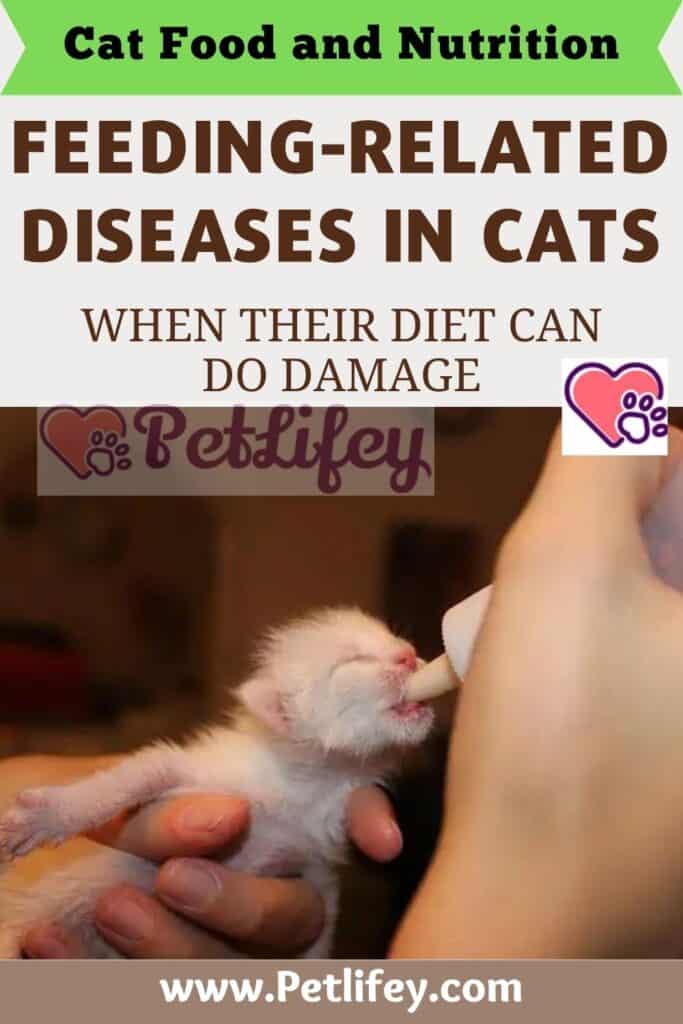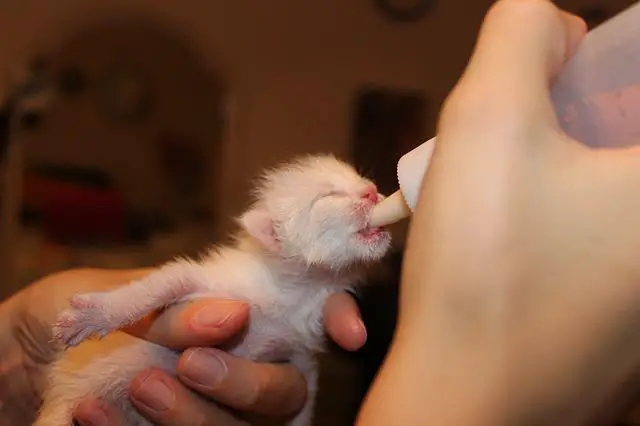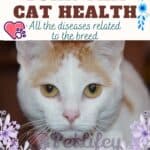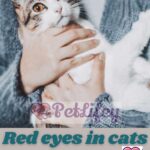
What if the food we give to our cat is anything but good for him? If we are concerned that there are cat diseases due to food, here is what we absolutely need to know.
A good owner always has a thousand worries for his tender four-legged friend and if well-being and health start from nutrition, it is obvious that more attention is paid to what we feed our cat. Often unintentionally, however, mistakes are made, and even serious ones, by giving the cat the wrong food and which can cause health problems. So here are the most frequent cat diseases due to food.
Cat diet: how it has changed over the centuries
The presence of the cat alongside man dates back to about 10 thousand years ago between the Middle East and Egypt. In practice, the remains of bones, hair and other finds have confirmed the actual reality of a feline domestication process between humans and cats.
It is obvious that in those days it was difficult for humans to understand the real needs and requirements of the cat, especially as these cats were used to living a wild life and were content with what they could ‘scrape together’ in the form of a meal. Therefore, if initially man lived purely on hunted meat and shared it with his cat, over the years he began to give him what he ate based on changes and variations in his diet.
This of course has led to significant nutritional and health problems for our beloved cat. But now things have changed and cat feeding is one of the top priorities of every good owner. Also on the market there are specific products for him and for the needs due to particular health, age and race; Finally, the concrete help from veterinarians should not be underestimated, as they are absolutely able to provide fundamental advice and precautions for a correct and balanced diet, but above all to avoid gross errors.
Diseases of the cat due to feeding: what they are
- Colitis: often confused with diarrhea, but in reality the latter is only one of the manifestations of colitis in cats and other intestinal disorders in cats. It is an inflammation of the final tract of the intestine, called ‘big’, which prevents it from absorbing water and electrolytes. It is divided into chronic and acute: in the first case it arrives suddenly but lasts a few days, in the second case it is much longer (at least 3 weeks). The cat’s feces will appear liquid and possibly with traces of blood.
- Food allergy: due to some proteins and fats, even serious intolerances can arise. The signs of a food allergy are noticed above all on the skin, with more or less extensive red spots or even problems with the respiratory system. However, hypoallergenic products are now widespread on the market, which certainly have a much lower percentage of risk for the cat’s health. specific allergen tests will be enough to understand which allergen is the culprit and absolutely to be eliminated from the feline’s diet.
- Gastritis: this can also be a manifestation of the absorption of some foods not recommended for your diet. It is a reaction of the body to bacterial agents and worms, which often proliferate on expired or badly stored foods. In the worst cases, our four-legged friend can give symptoms of cat poisoning.
- Diarrhea: it could be a direct consequence of colitis and is often linked to infestations of worms or other intestinal parasites, or to an excessive administration of fats and proteins. In addition to choosing the right food for the cat, it is essential to store it properly, but also to avoid too sudden changes between one type of diet and another.
- Inflamed esophagus: While this is quite unusual, it is not impossible for a cat to have this type of problem. The causes are usually to be found in chemicals, in forms of cancer, gastroesophageal reflux and hiatal hernia. The more severe the inflammation, the more pronounced and heavier the symptoms will be.
- Obesity: The wrong food could also lead to this disease in the cat, which in turn is linked to other serious ailments such as diabetes in the cat.
How to avoid eating-related illnesses in cats

We all agree that it is very important to choose the most suitable food for the particular conditions of our cat: on the market it is now easier to understand which food is right for us and why. You absolutely must not be ‘fooled’ by the affordable price of the item, since often a low price is not synonymous with product quality. Furthermore, if we think of saving on food, we think about how much the checks and care for our cat will cost us (not counting of course the physical damage and pain that we would cause).
Cat food should always contain: fats, fibers, moderate hydrates, minerals, vitamins and proteins. We always ask our veterinarian for advice before arbitrarily choosing a cat food: who better than the expert to recognize nutritional deficiencies in cats?
Perhaps it goes without saying that the food of us humans must absolutely not be given to our cat not only for the food itself but also for the condiments themselves. Poisoning and digestive problems such as those listed above can easily arise.






